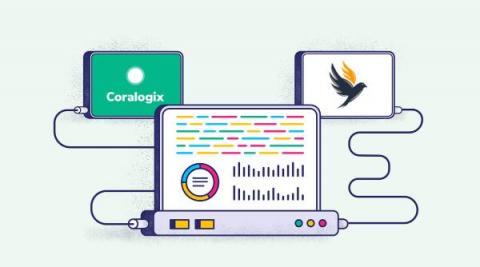Cloud Storage Cost Calculator
The rapid advancement of cloud storage technology has revolutionized how businesses and individuals store and access data. With the proliferation of cloud storage services, understanding the cost implications has become increasingly important. This article provides a comprehensive analysis of the key factors that impact cloud storage costs, focusing on three major providers: Google Cloud Platform (GCP), Microsoft Azure, and Amazon Web Services (AWS).











